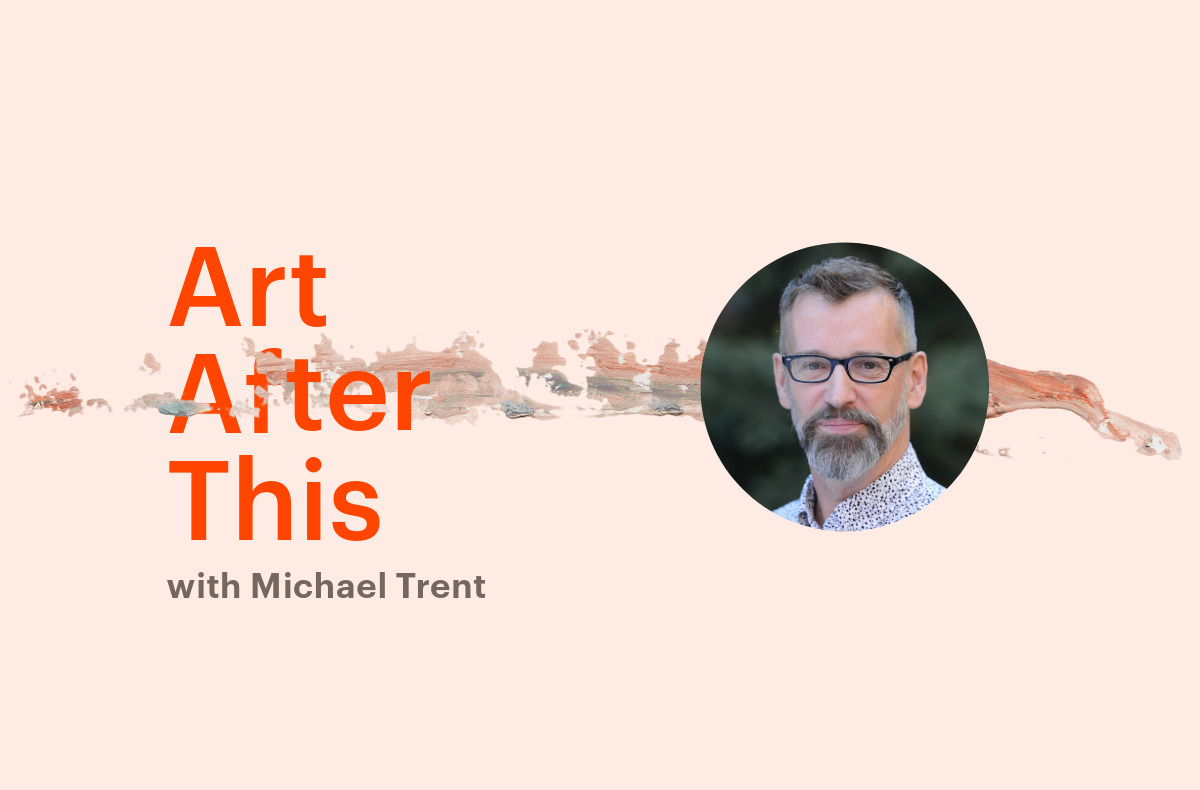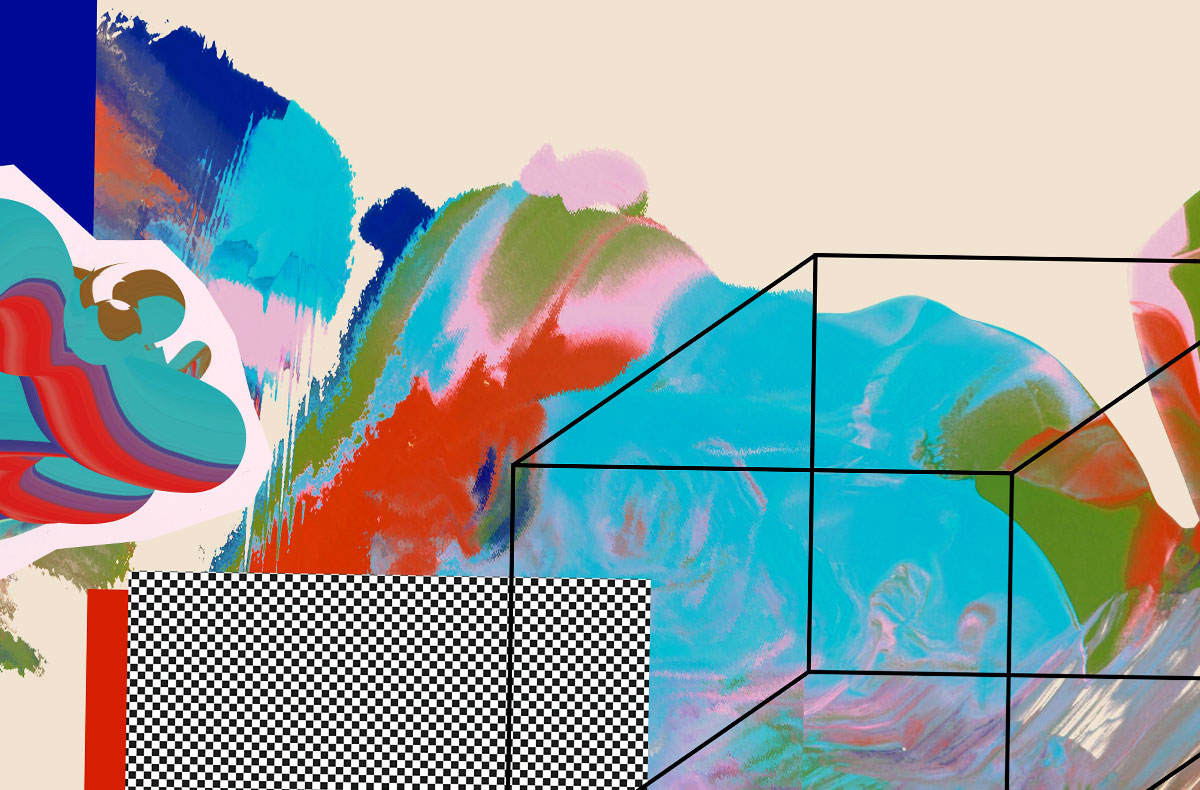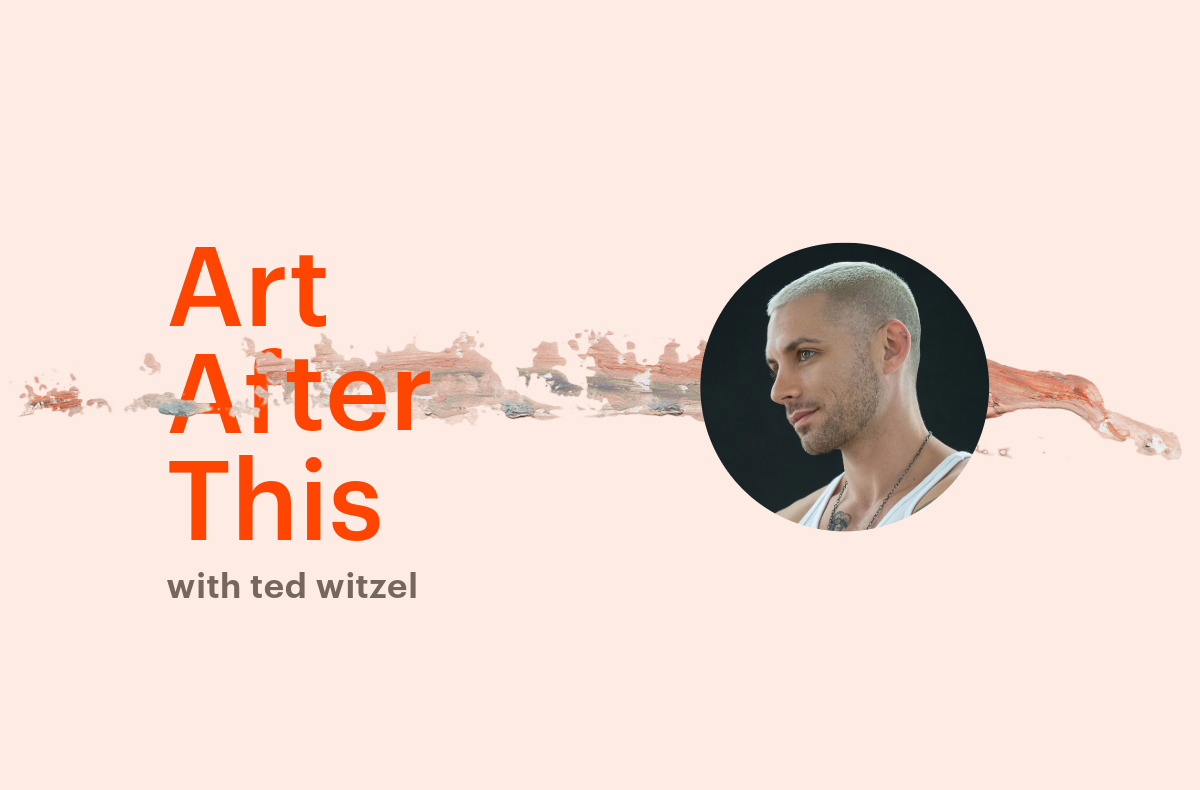By David Maggs, Metcalf Fellow on Arts and Society
A lot of what we’ve been doing at the Metcalf Foundation over the past few years is looking out into Canada’s cultural sector and beyond, trying to understand how things are going now, and how they might go in the not-so-distant future — looking outwards as a way of figuring out the role we need to play. As we tool up for the joys ahead, readying ourselves to address the challenges of culture-making in a much-disrupted world, we thought it might serve us well to look inwards too, to place our next moves in a context of how we’ve been working in the performing arts sector over the past few decades.
With this in mind, I took a moment to sit with Michael Trent, nine years into his role as the Metcalf Performing Arts Program Director, to explore our own history of supporting cultural organizations in Toronto. Trent came to this job from a successful career as a dancer, choreographer, and company leader, and carries a deep perspective on the challenges faced by cultural leaders and their organizations.
“But I never really felt that I was becoming a ‘funder,’” he explains, “just that I was taking on the challenge to help organizations think critically, experiment meaningfully, and learn deeply about what they need in order to fulfill the potential they see in themselves.”
“— But with grants,” I interject.
“Sure, but when people think of us, there’s often an expectation that we help keep the lights on or fund their next work — that’s not our role,” explains Trent. “Given our size, we can’t offer that kind of support. What we can do is spot gaps in the system and move more nimbly than big public funders so that we can infuse the sector with more strategic energy and confidence.”
In this spirit, Metcalf supports the arts community across a range of activities — internship placements aiming to develop the next cohort of arts leaders, hosting strategy dialogues and collaborating with the policy community, and since 2019, celebrating present excellence and future promise in the arts sector with the Johannas. Alongside all these activities are various iterations of what we refer to as our multi-year strategic interventions — funding initiatives that give arts organizations the time and resources to reflect, learn, and evolve. These interventions have taken different shapes over the years, as the needs of the sector, the context in which it lives, and the perspective of the Foundation change.
“The first iteration was called Strategic Initiatives, which ran from 2001 to 2012. This initiative allowed organizations to self-identify their own challenges and opportunities, offering them multi-year grants to empower organizations to define what they need and give them the space to pursue that.”
Under the guidance of Michael Jones, Trent’s predecessor, the initiative went through an interesting evolution. “Noticing a lot of people were working on the same things, he wondered if we could amplify their problem-solving by building learning networks that focus on specific issues,” Trent explains. “The idea was to enable peer-to-peer support, collective learning, and knowledge sharing across the broader sector – that whole ‘learning for ourselves and from each other’ you pick up on at the end of Art and the World After This. This became known as the Creative Strategies Incubator. It featured three focus issues during its existence: new sources of revenue, building audiences and communities, and unlocking artistic potential.”
“And it worked?” I ask.
“Yes and no,” Trent equivocates. “We discovered that, despite shared challenges, there was a strong competitive instinct within the arts sector which made it difficult to work as a cohort.” What this did do, however, is introduce Metcalf to the work of the late Richard Evans. “So, while we might have struggled with elements of program design,” Trent explains, “this approach to building capacity for adaptive change within complex challenges was something we wanted to carry forward. And that became our next multi-year strategic intervention, Staging Change.”
I consult my notes, trying not to get lost. “Strategic Initiatives runs from 2001 to 2012 and shows us that multi-year strategic, capacity-building interventions have a role to play in the sector but leave us wondering if we can amplify impacts and scale learning?” Trent nods. I go on. “Creative Strategies Incubator runs from 2013 to 2017, making deeper dives into strategic issues, but leaves us wondering if each organization learning on its own is the better way to go?” I get another nod. “So that’s when we took a deep dive into organizations learning for themselves with Staging Change?”
“Even the application process was unlike anything we had done before,” says Trent. “What we were trying to determine was, is this organization receptive to working in an adaptive space, in a learning environment that requires them to slow down, reflect deeply, commit to a process of discovering what they needed to work on by using a particular methodology.”
“They didn’t apply with a particular challenge in mind?” I clarify.
“No. The opportunity was to participate in a methodology, a process. We didn’t want them to know what their projects would be going in, just if they would be ready to undertake a process to identify it. At the heart of this program is what were called SERIs — small experiments with radical intent — designed to learn before committing to larger-scale initiatives. Again, this is about slowing things down, and supporting organizations to learn first, act second. Each organization was paired with a dedicated facilitator who supported them throughout the process, keeping them accountable to adaptive work and ensuring they didn’t revert to old habits.”
I make a curious face, wondering what he means by old habits.
“We are so conditioned to do,” explains Trent, “to produce, to work, to make things happen. We never get to stop, slow down, be curious, inquire, discover, reflect, find out, test, evaluate, and explore further. This program was designed to help organizations do that in a very structured way.”
“And this came off without a hitch?” I ask, optimistically.
Trent laughs. “One of the challenges here was the level of commitment it took from organizations. At certain points in the program, participants had to bring 25 people from their team into the process. People thought, are you kidding me? But to build the adaptive capacity of the organization, that’s what it took! Another challenge was that it was tiered, with a larger cohort in the first stage of the program, that would get smaller as they worked through the stages. Some would opt out, others wouldn’t progress, but the idea was to end with a small cohort who had done a really deep dive. In the end, only seven organizations went through the full program. It’s not a lot, but I can still see it in how they operate, how they think, how they talk.”
As it did with so many things, the pandemic landed in the midst of Staging Change. Many organizations were simply too disrupted, too overburdened, too distracted to participate in the elaborate program design. “But what’s interesting,” I consider, “is that Creative Strategies Incubator was prescriptive about the content — specifying the issue organizations had to work on — and Staging Change was the opposite, completely emergent about content, but highly prescriptive in terms of process.”
“And that’s what we are trying to address with our new initiative,” Trent nods emphatically, “the Strategic Experimentation Fund or SEF. Can we maintain the self-identified problem paradigm from Staging Change, while allowing organizations to experiment and learn in a more iterative, flexible, self-directed way? In wanting to fashion an initiative that responded to where arts organizations are today, SEF invites organizations to tackle a challenge at their own pace, allowing for adaptation and course correction based on what they learn from their small experiments — but again…” Trent’s hands flash in front of his face as a lifelong preoccupation comes to mind, “it’s learning–how do we create the conditions, the opportunities, the structures, the space organizations need to learn.”
“We all struggle with that,” I reflect, thinking of my own impulses to act, to make, to just do something.
“And that’s the driving spirit of SEF,” he says, making a wide circle in the air with one arm. “Allow organizations to go at their own pace, allow their inquiry to mature and resonate in the time that it needs, but make sure there is inquiry, research, experimentation at the heart of it. Don’t start by telling us what you are going to do, tell us what you want to learn, and how the things you will do are going to drive that learning.”
“That’s what you’ve been after all these years?” I say, not really asking.
Trent seems to be both nodding and shaking his head at the same time. “If we think we can just do our way out of this — write better plays, produce better shows, create better marketing as a way to return all that value and attention to the sector, it ignores how much has changed, how different the world is now, and it puts too much pressure on those elements alone. Can we accompany all the amazing productive capacity of our sector with a more critical, generative, and reflective capacity?”
I say nothing, wondering if there is more.
“Resilience doesn’t come from putting our heads down and sticking to the same path no matter what,” he adds. “It comes from being willing to experiment, to take risks, to try different ways forward, and to learn from our failures.”
In this, the spirit of the Metcalf Foundation emerges both in this most recent initiative, along with the larger pattern of strategic initiatives it has delivered over the years. Testing, reflecting, refining, and revising in a constant search for better interventions. Over the coming weeks, I will have the pleasure of interviewing participants in the Strategic Experimentation Fund to learn about how they are preparing to experiment their way to stronger, more sustainable futures.




